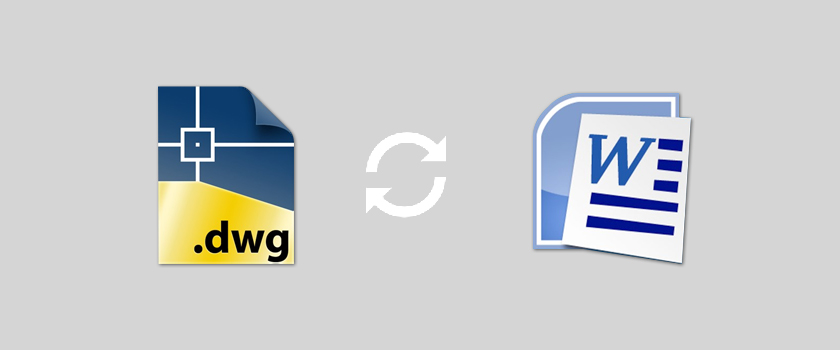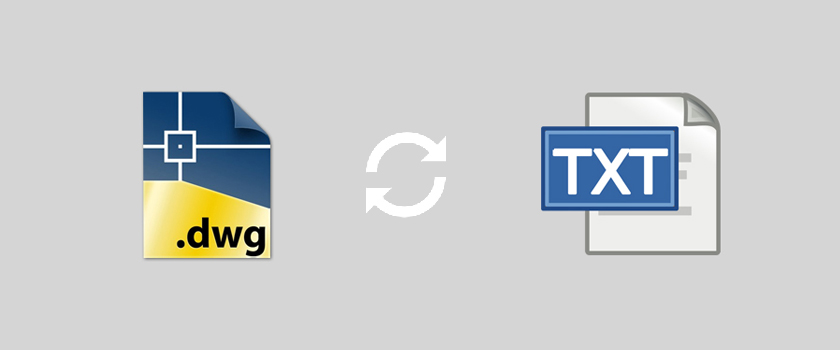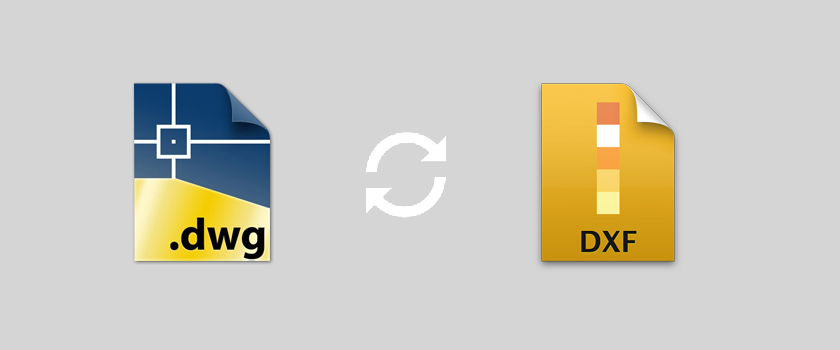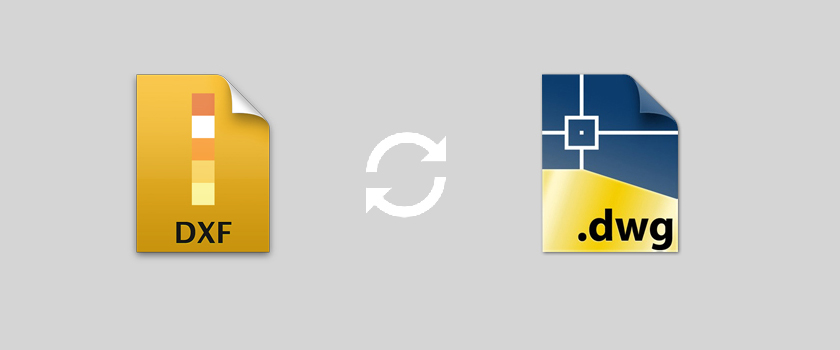As a world organization, United Nations is the world organization for symbolizing unity, cooperation and mutual understanding among nations. The United Nations, UN—as we all know it, was founded in 1945 after the World War II. Since its inception, the UN has sought to promote security, international law, protection of human rights, economic development and eradication of poverty with a particular emphasis on social progress in its 193 member nations.
With such gigantic goals on its list, effective communication is the first step to establish dialogue among the diverse nations. Language is the first barrier it hopes to eliminate when embarking on its mission.
As a part of establishing dialogue among its nation states, the UN has six languages officially designated for itself to coordinate all member nations. These languages serve as a medium of exchange during the official meetings, where speeches are simultaneously interpreted into all six official languages and relayed to the delegates. Furthermore, all the documents released by the UN are printed in all six languages.
Multilingualism lends some important advantages for UN. It enables communication between the UN states that have a diverse culture and background. It acts as a unifying force, binding the states through comprehensible dialogue and communication. This ensures increased participation from all the nations, acting as a tool to promote tolerance and acceptance, as well as paves the way for greater effectiveness, involvement and better outcomes.
Let’s look at the status that each of these six languages hold in UN:
Spoken as either a primary or secondary language, the majority of the world’s population use any of these six languages for establishing communication. In fact, these languages are spoken by almost 2.8 billion people in the world—that is approximately half of the world’s population.
So, what about the other half of the world?
We know that half of the world understands these languages, and the world is so geographically diverse that most people will speak at least one of them, right?
Not really. When you look down at the list of total speakers, an interesting paradox is seen. Less than half of the world can communicate in these languages, fewer can understand these languages, while only a small number among them can comprehend the documents in these languages.
With over half of the world still out of the loop, it is high time UN includes more languages in its portfolio of languages.
Those people who speak Japanese may be wondering why their language is not on the list, the same way as those people who speak Portuguese or Italian.
So, what should the future list of languages for UN look like?
Hindi is likely to make it to the list of UN languages due to the sheer number of people speaking it. With the fifth largest number of total speakers in the world, the only reason for it not being included in the folds of the official languages is the isolated area where it is spoken—the subcontinent.
Bengali has 250 million speakers worldwide and is a possible candidate for the list of new official languages.
Portuguese language is more geographically diverse than either Russian or Bengali. It is the sixth language in the world to be spoken as a native language and the second most spoken Roman language in the world after Spanish.
The world is continuing to expand, with new languages gaining hold as the immigration laws ease between nations. Adopting a stance of including more languages is indeed, in the best interests of United Nations for achieving the aim of establishing global dialogue and communication.

dwg: It means a drawing file save format created by AutoCAD, and now has been the standard format of 2D
Read More
dwg: It means a drawing file save format created by AutoCAD, and now has been the standard format of 2D
Read More
Mars Translation can help you extract the texts in a DWG file and convert them into a Word file so
Read More
dwg: It means a drawing file save format created by AutoCAD, and now has been the standard format of 2D
Read More
dwg: It means a drawing file save format created by AutoCAD, and now has been the standard format of 2D
Read More
MarsTranslation can help you extract the texts in a DWG file and convert them into a XML file so that
Read More
If you are a designer you are bound to find yourself in situations when you have to convert your DWG
Read More
dwg: It means a drawing file save format created by AutoCAD, and now has been the standard format of 2D
Read More
MarsTranslation can help you extract the texts in a DWG file and convert them into a Word file so that
Read More


Document Translation
Professional document translation by native expertsApp Localization
Get more downloads by adapting your app for different target marketsVideo Translation
Multilingual translation and subtitling servicesWebsite Localization
Adapt your website into multiple contexts for global reachSoftware Localization
Adapt your software for global usersGame Localization
Reach new players with localized gameplayMTPE
Refine AI translations for natural fluencyBusiness Translation
Professional translation for business documents and websitesDTP & File Conversion
Professional DTP and File conversion, supporting multiple file formatsProofreading
Perfect your content with expert review© Copyright 2026 MarsTranslation